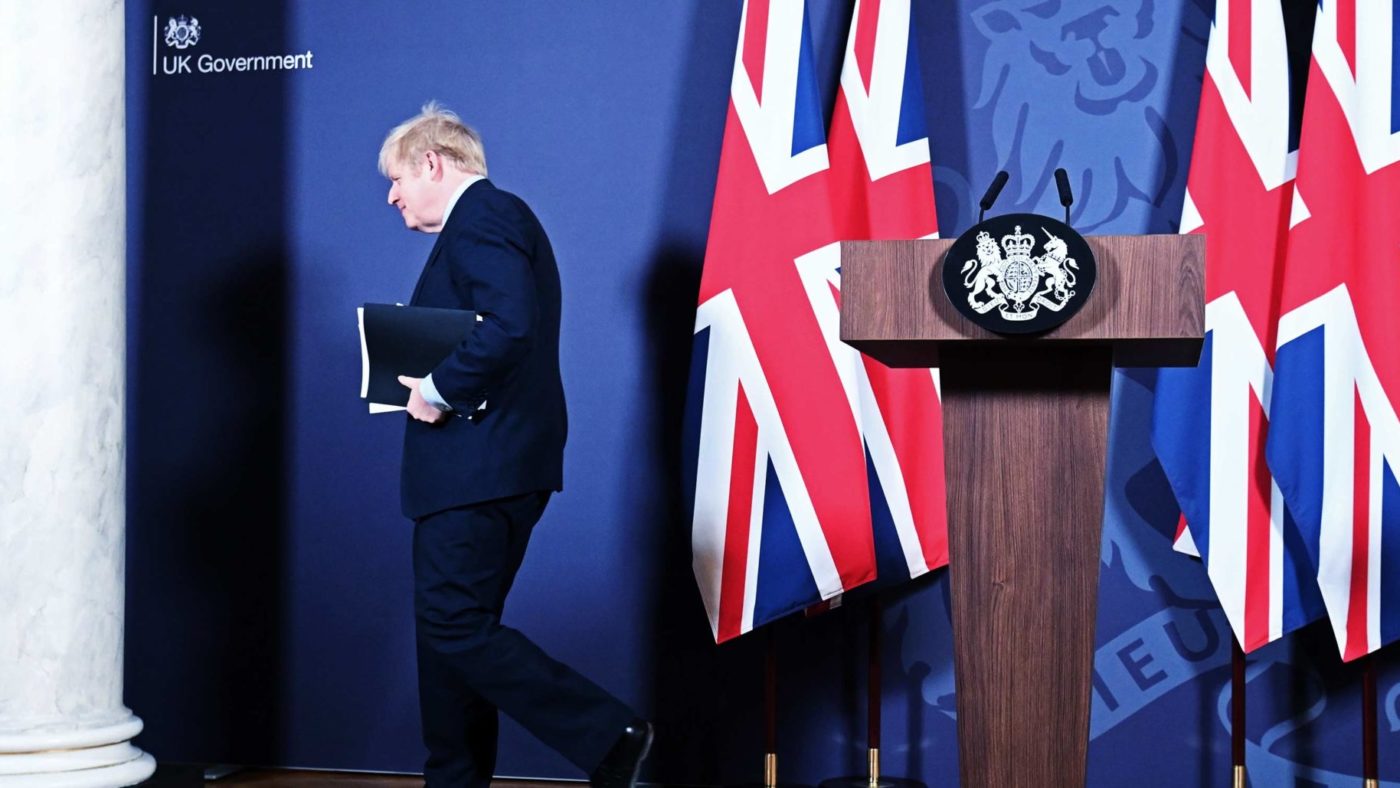The deal is done. And in his remarks at the press conference announcing it on Christmas Eve, the Prime Minister hit on one of its most important features – the opportunity for regulatory competition.
Much of the debate on Britain’s future relationship with the EU has centred on concepts of sovereignty and independence. This very lengthy deal delivers them, but as with most things in life – it’s what you do with it that counts. And our new relationship with the EU gives us the opportunity to legislate differently and better, in all kind of areas of our economy – to say nothing of defence, foreign policy, justice and home affairs (though sadly, Northern Ireland will remain tied to EU regulations across many areas, at least until there is a vote on the Northern Ireland Protocol in around four years time).
The Trade and Cooperation Agreement finally published on Boxing Day does not include a ratchet clause obliging the UK to follow new EU laws or face tariffs, reportedly one of the EU’s most contentious demands during negotiations. It does, however, include a commitment not to move away from the existing baseline of laws in areas like environmental protection and workers rights. This seems strangely undemocratic, and inefficient, as it assumes that the present levels of protection in such areas are by definition beneficial and effective, and can only be improved by being increased – but the provision is broadly worded and not linked specifically to EU rules. This means reforms that improve regulations and deliver protections to workers and the environment in different ways will be possible.
Instead of the ratchet, rightly rejected by UK negotiators, the deal includes a ‘rebalancing’ provision, that allows either party to take measures if there is future divergence in labour, social, environmental or climate protection, or with respect to subsidy control (i.e. if the UK does not keep up when the EU changes its laws, or vice versa). In principle, this is undesirable, premised as it is on the idea that regulatory competition is to be discouraged; that somehow, one side or the other has alighted on the best way of legislating environmental or employment regulations and divergence is to be treated with suspicion.
The EU seems to fear that if the UK starts to move away from its highly interventionist and prescriptive regulatory approach, it will make British businesses more competitive. Instead of seeing such competition as good a thing for prosperity on both sides, the EU seems to see it as a threat, not just to its established businesses but to its entire model – hence its prioritisation of the so-called ‘level playing field’.
It’s hard to judge at this stage how the rebalancing mechanism – unprecedented in international trade agreements – might work in practice. On first blush it looks to be subject to thresholds and safeguards that would prevent the EU from penalising the UK for diverging from EU laws unless such divergence could have a demonstrable and serious negative effect on EU businesses, and had been through a consultation and arbitration process. One might hope that if, in practice, divergence were to improve the competitiveness of one party, rather than seeking to retaliate, the other side might consider whether that party had in fact made a better decision and follow suit.
Of course, we in the UK have a tendency to regulate and intervene heavily in our own right, as shown by the current Government’s recent proposals on regulations and bans in fields from digital platforms to the fur trade. If this tendency continues, and the opportunities presented by this new relationship with the EU, so clearly articulated by Boris Johnson on Christmas Eve, are not taken up, there is a danger that the UK will be left with the burdens of the EU regulatory model (plus all of our own making), and none of the benefits of frictionless trade.
Supporters of free trade and free markets, in Parliament and beyond, must remain vigilant to ensure that interpretation and implementation of the new agreement is not taken over by anti-competitive forces and vested interests. There will no doubt be efforts to use the non-regression and rebalancing provisions to resist changes to our regulatory and trade policies, but such changes could support this country to a post-Covid recovery more effectively than public spending and subsidies, and spur regulatory competition to the benefit of our partners in the EU as well.
Click here to subscribe to our daily briefing – the best pieces from CapX and across the web.
CapX depends on the generosity of its readers. If you value what we do, please consider making a donation.


